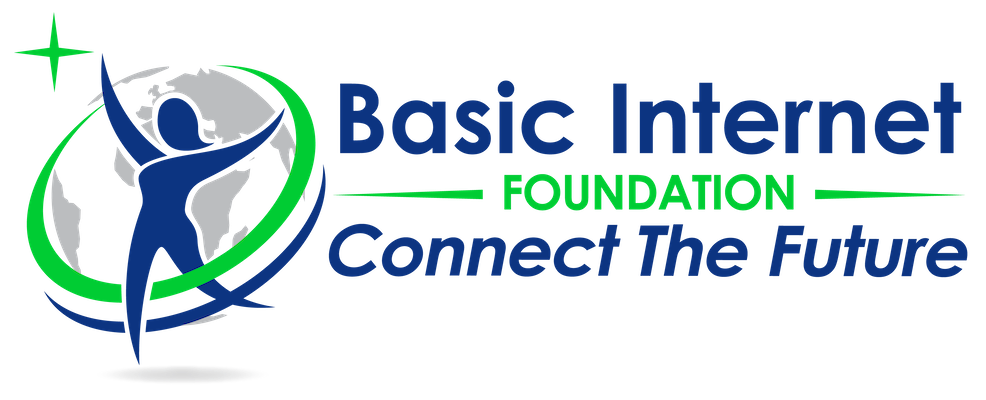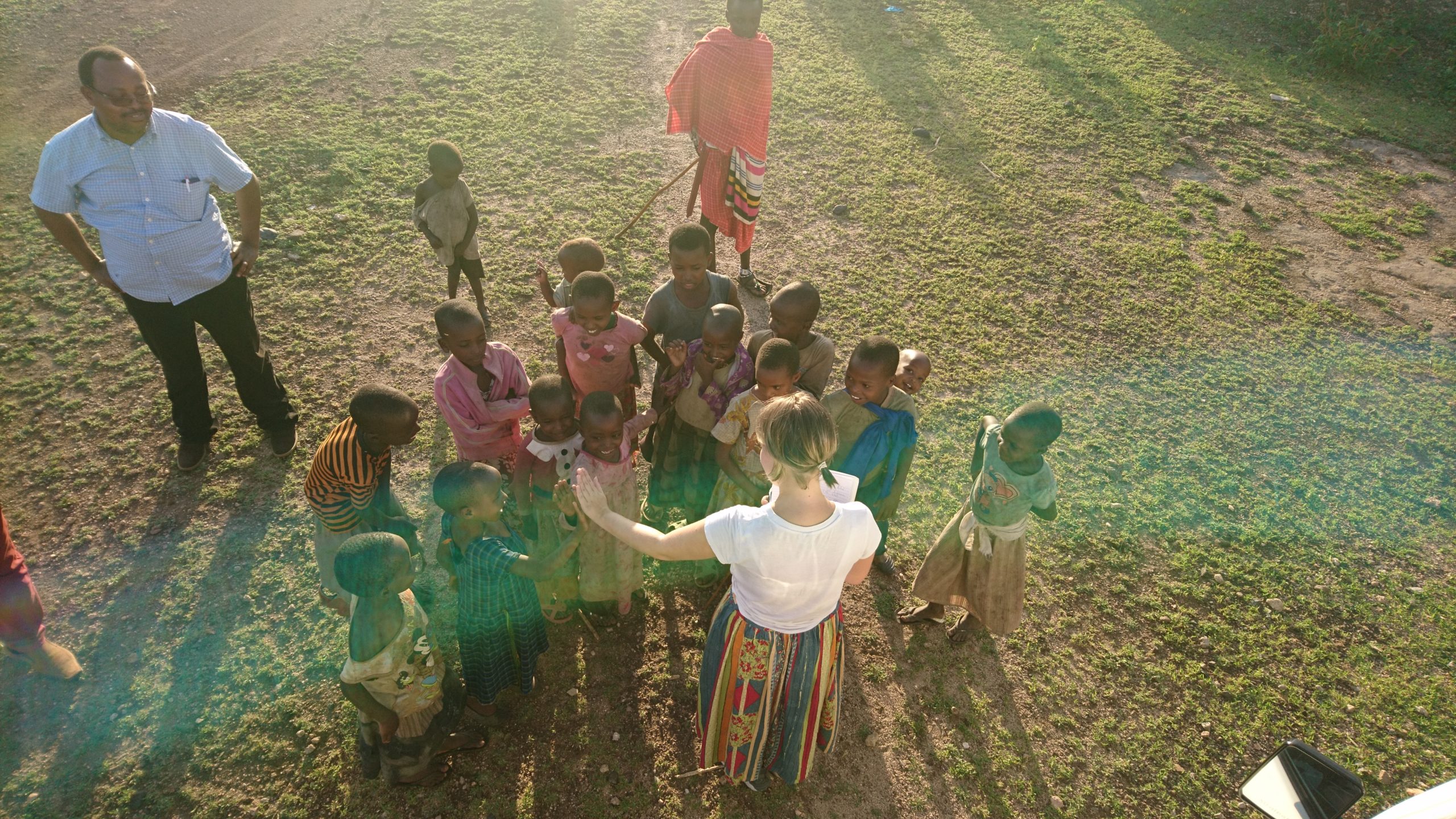With a very rapid development of Internet technologies, new digital divides on the Internet are emerging. The rapid pace of new forms of communication and new access points to the Internet, such as mobile, demand solutions beyond those exclusively concerned with Internet access and technological infrastructure. Various types of digital divides that go beyond the context of technological infrastructure are present in different forms in our society.
In addition to basic digital divide due to lack of computers or Internet access, in the previous decade, we considered a gap in knowledge and digital literacy. Having the access to the Internet does not necessarily mean that one group will use its resources wisely. For example, if a group does not possess a certain amount of awareness, critical thinking skills, and digital literacy skills, they would not be able to use e-mail, retrieve the information on Google, or to edit a certain article at Wikipedia. Though, access is still seen as a necessary condition, in the case of education, many people could more practically engage the technology if they had the basic skills.
Mobile smart phones are not prohibitively expensive and very often computers, even if somewhat older and under powered, are still readily available for work. Thus access, as it turns out, is not always the obvious or even the primary barrier. Digital literacy plays a significant role.
Digital literacy in the electronic world of the twenty-first century has become a central empowering agent in the educational institutions, as a result of a number of information society trends, including the Information technologies, Internet, Social Web, electronic facilities, etc. Over a decade ago, a European Framework for Digital Literacy gave a definition, generic structure, and set of tools which will enable educators to share an understanding of what constitutes digital literacy and how it can be mapped into European educational practice:
“Digital Literacy is the awareness, attitude and ability of individuals to appropriately use digital tools and facilities to identify, access, manage, integrate, evaluate, analyse and synthesize digital resources, construct new knowledge, create media expressions, and communicate with others, in the context of specific life situations, in order to enable constructive social action; and to reflect upon this process.”
This framework introduces digital literacy on several levels, and we can distinguish the following types of digital skills:
- formal operational skills in order to navigate digital media (accessing, browsing, identifying resources, navigating, etc.),
- information retrieval and analytical skills – the ability to search, find, analyse and evaluate digital resources,
- content creation skills – competencies to generate the content, create and contribute to new knowledge, creating (multi)media, and
- digital communications skills – communicating with others, sharing, participating and collaborating with others on the Internet and Social Web, creating the cause, and participating in web activism and constructive social action.
We need to redefine digital literacy skills.
In addition to these forms of literacy, we also need to consider the influence of social media on the way individuals learn, interact and collaborate in the society; such as by the use of social networking sites, blogs, Wikipedia, micro-blogging services, Google for information retrieval, etc. Thus, digital literacy frameworks for the 21st century should be not only focused on learning and teaching, but also on the integration of information and communication technologies in education (education plays a significant role in either strengthening or breaking down divides) and other sectors in the society (health, government, finance, business).
The fourth digital revolution (AI, Blockchain, IoT, big data) are continually advancing the new ways in improving our technological lives; and along with it, it brought the need for redefining the digital literacy as we know it in the past two decades. Digital literacy is not anymore about knowing how to use a computer or navigating the internet, but developing critical thinking, understanding and evaluating skills about mechanisms, dynamics and consequences of an always-plugged-in life that includes privacy, trust, and life-long learning. Let's start the dialogue.
Check the latest efforts from our team on connecting the high schoool in Migoli, Tanzania to the internet. If you can help in connecting more schools and unconnected areas on the globe, please contact us or leave a message in the chat. Read more? Please visit our wiki BasicInternet.no/Villages


Recent Comments